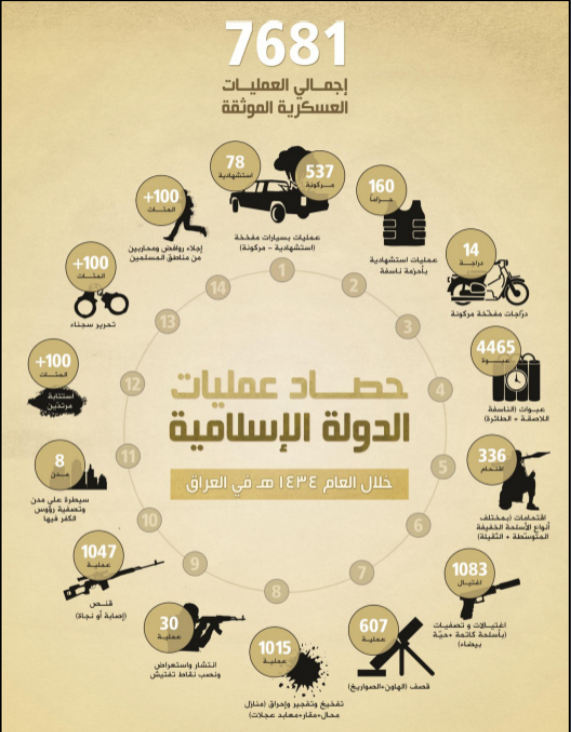Two years ago, I finished a project working with UNDP Serbia to develop a Basic Income experiment. As far as I know UNDP did not pursue the project beyond the design phase. I gave a few talks on UBI in Serbia, but I did not have the time to move the experiment forward. The UBI debate has been supercharged in the last year, partly by Andrew Yang shifting the Overton Window a little in the US, but mainly by the Corona Recession.
However it’s worth noting that what is being proposed by governments right now are cash transfers not UBI. UBI is a huge and transformative undertaking which requires local-level testing before large-scale implementation. I thought it would therefore be a good time to publish part of the outputs from our R&D efforts two years ago. So here is the Executive Summary of “Building a Path to UBI for Serbia” from April 2018.
As an Executive Summary, it’s light on detail; however it gives you the basic details you need to understand what the full experiment design looked like. One of the interesting points is that the project design – i.e. how you would actually implement the experiment – is even more important than the experiment design itself. If you would like to see the full document – or better still, if you’d like to fund the experiment! – just contact me here.
Introduction
It is not possible to test UBI in an experimental setting directly, since by definition any such experiment cannot meet all the definitional criteria of UBI. This experiment therefore tests hypotheses about the potential impact that UBI could have, using unconditional cash transfers as a proxy. This approach will also involve economic microsimulations to analyse the potential cost-benefit impact of UBI under different scenarios. We also hope that this project will open up more space for policy debate about the social welfare and state taxation systems in Serbia.
Experiment Basis
The focus of this experiment is poverty reduction. It will explore the impact of UBI on three key variables in multidimensional poverty. The experiment will measure both positive and negative outcomes, and try to identify to what extent these effects are due to the level and lack of conditionality.
- Labour Market Participation: we predict there will be little significant change.
- Individual Health Outcomes: we predict measurable improvements.
- Household Financial Well-being: we predict measurable improvements.
The payment will be a Modified Basic Income: it will be periodic, it will be in cash, it will be individual, and it will be unconditional; however it will not be universal. We assume that this will simulate UBI in a limited yet meaningful way that can demonstrate potential impact of UBI if applied at a larger scale.
Experiment Design
Niš has been selected as the experiment location, with the cooperation of the municipal authorities. The payments will be provided to at least 1000 residents for a minimum of two years, with a control group of at least equal size. The payment level will probably be set at the relative poverty level of RSD15,416 / month for a single-person household. The likely total cost of payments will therefore be EUR3,135,458.
Payments will be made through the banking system to individual bank accounts; participants without bank accounts will be assisted to open them. There will be a challenge of how to align the experiment with existing systems, particularly the legal framework of social protection and the administrative capacity of local authorities.
We recommend a multi-stage sampling approach (detailed in the design document), to focus on low-income households but broadly representative of Serbian demographics. Final determination of sample size and sampling approach will be made during the preparation phase. Sampling will include enrollment and eligibility interviews, to ensure that it meets the experiment requirements and that participants are clear about their involvement.
Project Design
A civil association should be formed to implement the experiment, with UNDP and national and municipal government representatives playing critical roles. A resource mobilisation strategy will be developed, drawing on multiple sources: state budgets, institutional donors, grant funding, crowdfunding and philanthropy.
Political support is needed to get the experiment started, to maintain it over a longer term, and to to open up public debate and build grassroots support that can motivate politicians. It is important to build consensus around the motivation for the experiment, which should fit with the priorities of the national government, i.e. Serbia’s Poverty Reduction Strategy.
It is critical to increase public awareness in the broader context of welfare reform. UNDP and its partners should organise public events to promote understanding of the experiment, addressing arguments both for and against UBI as a policy. More communication activities will be required in Niš to ensure that local authorities are able to participate in the experiment, and to manage expectations at the community level.
Systematic monitoring is critical in order to measure the results of the experiment, but in order to properly collect and analyse data, the costs are likely to be large. Monitoring could be carried out by an independent third party, preferably in collaboration with other research bodies, either in Serbia or internationally.
A “Diaries of the Poor” approach – in which households keep a weekly journal relating to all three variables under consideration – will be complemented by random household visits by monitors, who will conduct qualitative interviews based on the journal records. A baseline survey will be carried out before the experiment; a project review will be carried out after the first six months; and a full evaluation at the end of the experiment.
Collaboration with a range of stakeholders will be critical for the project. As well as relevant Ministries, UNDP sees SIPRU and the Statistical Office will be important. UNDP will approach the Foundation for the Advancement of Economics (FREN) regarding microsimulations, as well as securing a wider partnership with the LSE.
